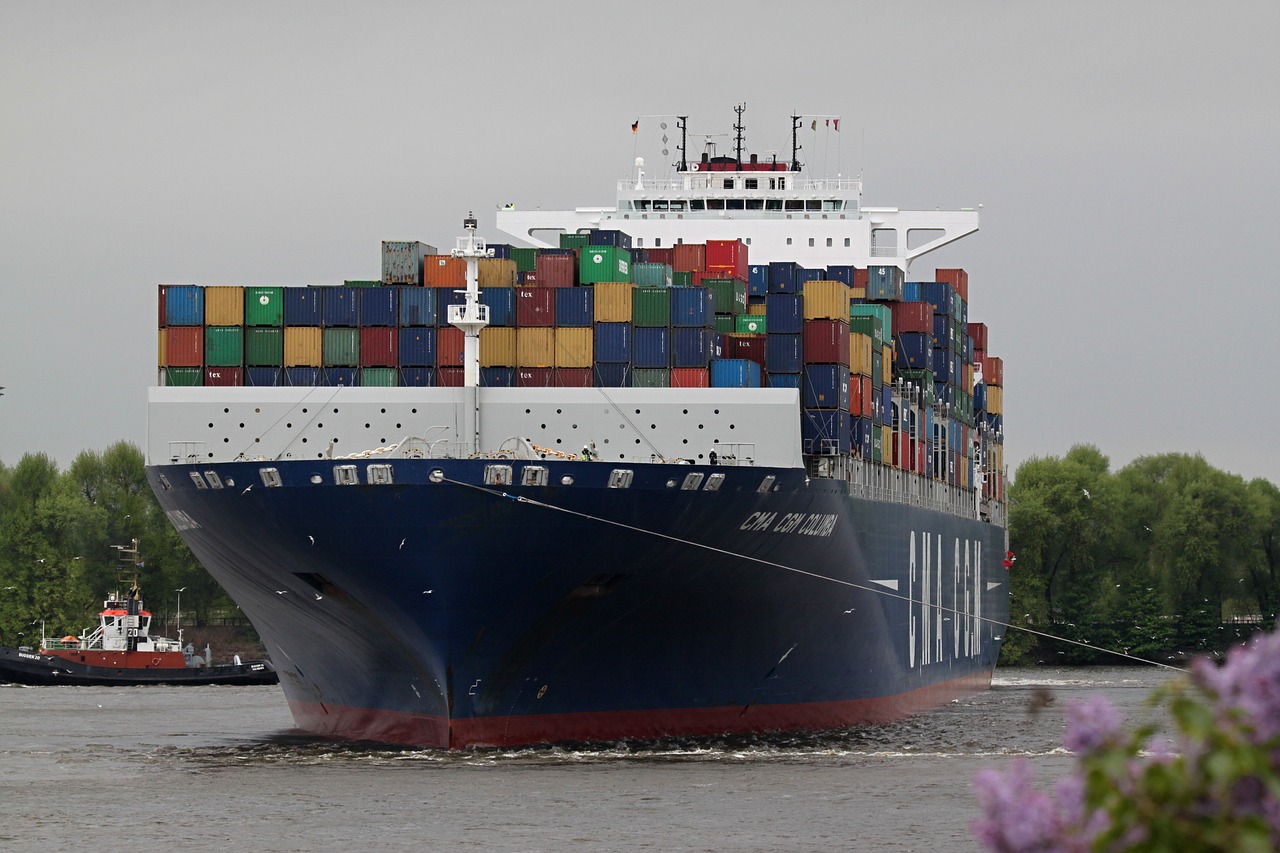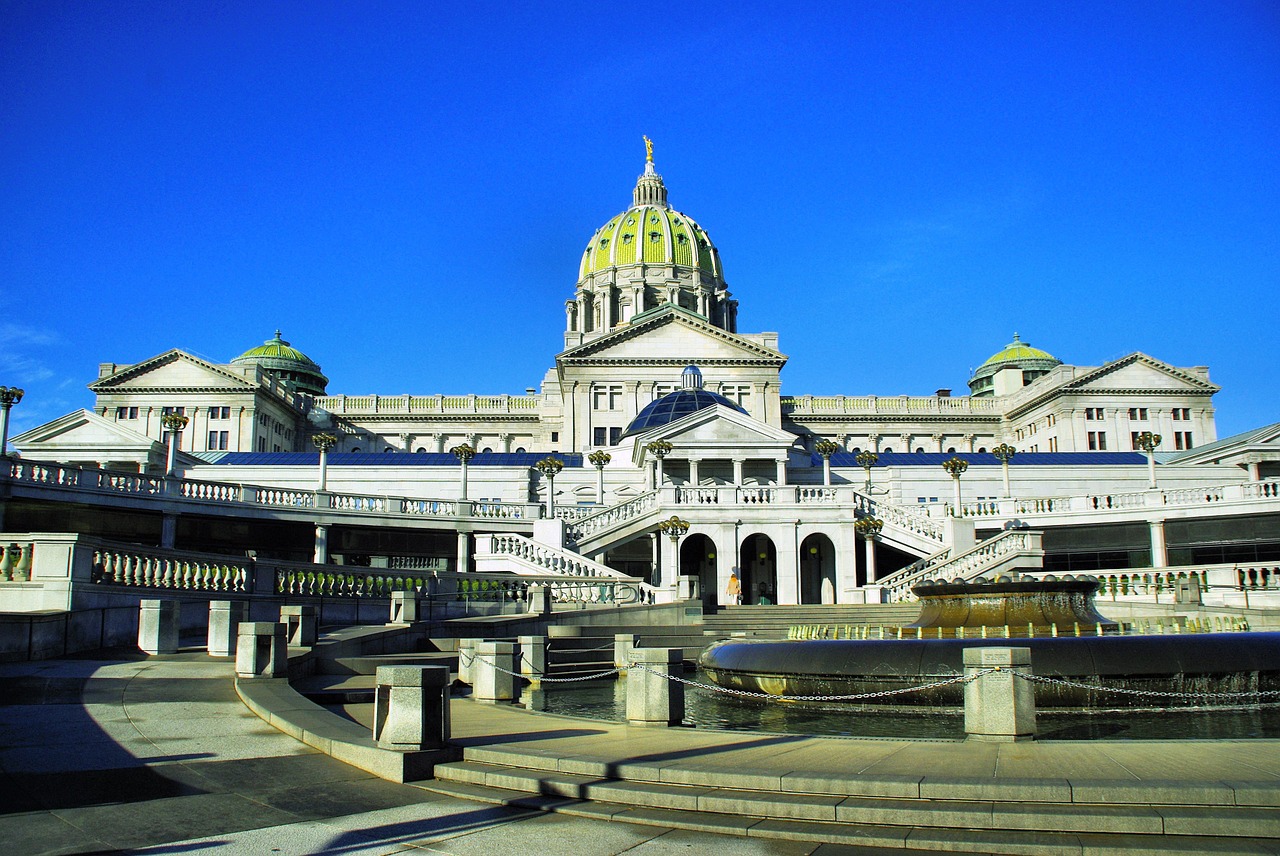
By Frank Andorka, Senior Correspondent
Another day, another set of new tariffs.
In his ongoing attempt to start trade wars with every country around the globe, President Donald J. Trump has decided to impose around $50 billion in new tariffs on products coming in from China. And while initial reports suggested solar modules and cells would not be on the list, Roth Capital Partners issued its guidance on Friday saying they may be included.
And the entire module industry shrugged at the news – with the exception of one module company that is planning on building a new facility in Jacksonville, Florida – which leads to even more speculation on another issue that we’ll get to in a minute.
But first a word about why the new tariffs, though potentially sparking a new trade war with China won’t affect most modules sold into the U.S. market. Put simply, the Chinese module manufacturers doing business in the United States are already sourcing their modules from other parts of their supply chain other than mainland China. As a result, those modules won’t be affected by any new tariffs slapped on those kinds of modules.
As Roth put it in its note:
With the vast majority of the U.S. solar market being served from non-China manufacturing sources due to the 2012 AD/CVD and 201 tariffs, we believe added 301 tariffs on modules and cells may not be that meaningful.
So most in the solar industry can sleep easily knowing this new round of tariffs won’t affect their day-to-day lives much. The one group of executives that may not be sleeping well, however, are those at Jinko Solar.
As we’ve discussed before, Jinko Solar has mildly ambitious plans to start manufacturing modules in the United States as soon as the end of 2018 in Jacksonville, Florida. But that factory was predicated on using Chinese cells in those modules – so the new tariffs might have a detrimental effect on those plans.
Unless.
And here’s where speculation ran rampant over the weekend: As we reported late last week, creditors for bankrupt cell and module maker Suniva finally took possession of the intellectual as well as the physical property of the company from the bankruptcy court, meaning the company may finally really be for sale.
Initial speculation focused on Hanwha Q Cells, which announced last month they would be building a 1.6 GW module factory in Georgia – right in the backyard of Suniva’s old cell factory – would be a logical suitor for the Suniva properties. And while they are still the frontrunner, Jinko Solar might be a dark horse in the race if these new tariffs actually do affect the production and import of solar cells from mainland China.
Keep a close watch on both of those companies as Suniva speculation swirls – it wouldn’t surprise us if a bidding war between the two started for this currently dormant cell production facility.


 Harrisburg, Pennsylvania
Harrisburg, Pennsylvania